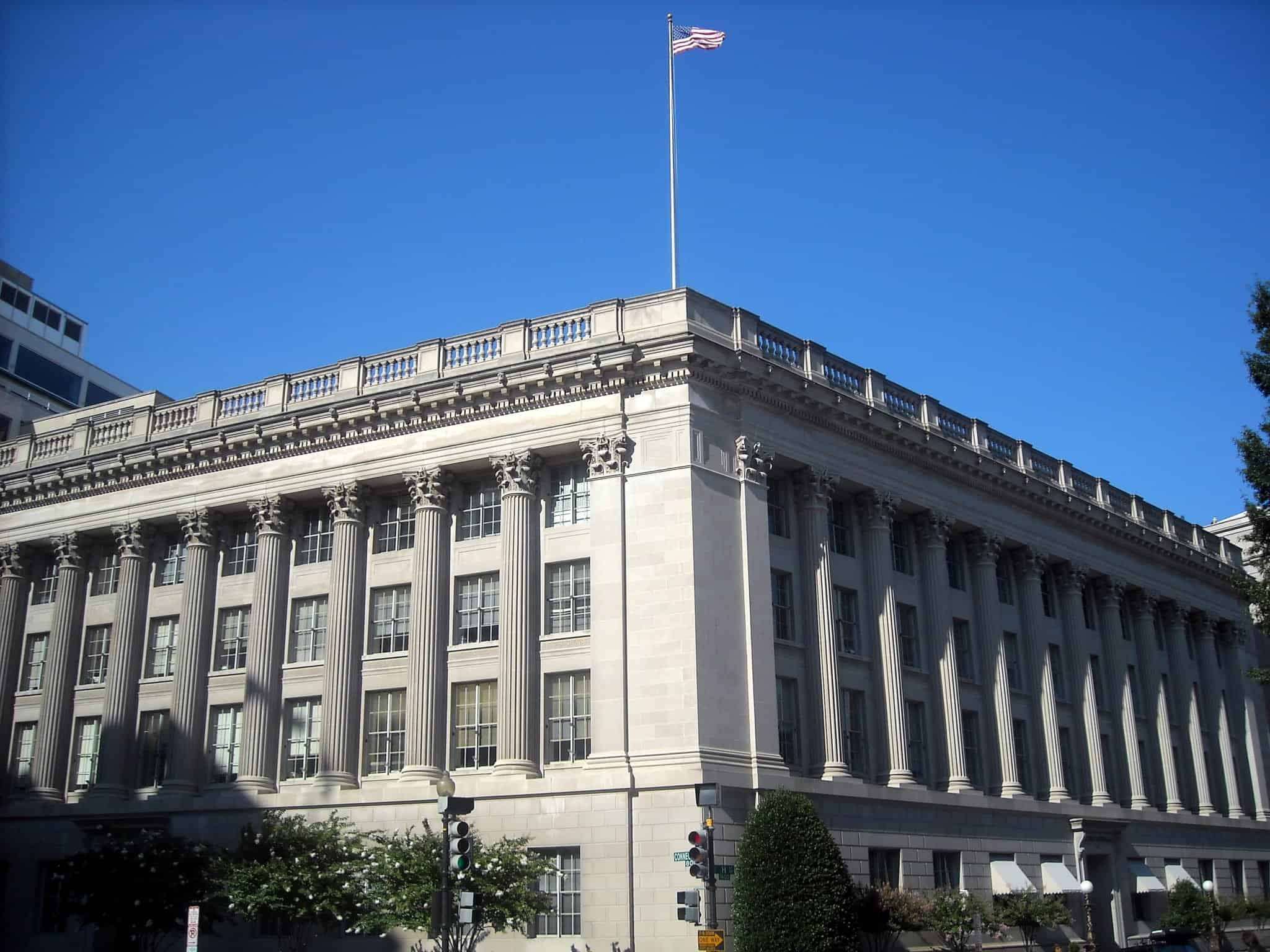
Lynn Rhinehart was general counsel of the AFL-CIO until July 2018. She is a Senior Fellow at the Economic Policy Institute. The views expressed are her own.
In early 2017, the U.S. Chamber of Commerce put out its top 10 wish list for changes it wanted to see at the National Labor Relations Board.
It took a little while for the NLRB to get going on the Chamber’s agenda, because President Trump’s corporate appointees needed to get confirmed by the Senate.
But in just two years, the Chamber is ten for ten, according to a new report by the Economic Policy Institute. (Disclosure: I am a co-author of the report). The Trump NLRB – Trump’s appointees to the National Labor Relations Board and his general counsel – have taken action on every one of the items on the Chamber’s wish list, through a series of decisions, rulemakings, and general counsel actions. To take just a few examples, the Trump Board has:
- Allowed employers to keep workers and unions off their property even when they allow groups like the Salvation Army to solicit and fundraise (Kroger Mid-Atlantic, 368 NLRB No. 64)
- Given employers the ability to make unilateral changes in working conditions and circumvent the union (MV Transportation, Inc., 368 NLRB No. 66), or withdraw recognition from the union altogether even if the union still has majority support (Johnson Controls, Inc., 368 NLRB No. 20)
- Given employers the ability to interfere with workers’ choice of which group of co-workers they want to organize and bargain with (PCC Structurals, 365 NLRB No. 160)
- Proposed new rules that would let employers evade their bargaining obligations when they use contract workers.
It gets worse. The Trump Board has gone even further in weakening workers’ rights than even the Chamber of Commerce has advocated. The Trump Board has proposed rules undermining the ability of employers to voluntarily recognize a union selected by a majority of employees. And the Trump Board has proposed to strip students at private colleges and universities of their organizing and bargaining rights when they work for the university in connection with their studies. The Trump GC has decided that Uber drivers are not employees with rights under the National Labor Relations Act (Advice Memo in Uber Technologies, 4/16/19). And it goes on and on.
Some try to chalk the Trump Board’s actions up to the flip-flop in positions that can occur when agencies change hands between Democratic and Republican Administrations. But the Trump Board’s agenda and actions go far beyond reversing Obama-era NLRB decisions – Trump’s appointees have pushed harder and faster and have gone deeper in eroding workers’ rights. And, there’s a key difference. Appointees to the NLRB are charged with implementing and enforcing a law that is supposed to be about protecting and advancing workers’ rights to form and join unions and engage in collective bargaining. They are not supposed to be changing the rules under a workers’ rights statute to favor employers. This isn’t flip-flopping – this is a derogation of duty.
The manner and speed with which the Trump Board has eroded workers’ rights is jaw-dropping. The NLRB’s usual way of announcing new rules is through decisions in cases, and there have been plenty of those. The Trump appointees have ditched the NLRB’s longstanding practice of seeking amicus briefs from the public when considering whether to reverse precedent. In at least twelve cases, the Trump Board has reversed precedent without allowing public input – and in all of these cases, the Trump Board weakened workers’ rights.
But what about areas of the law where there are no cases pending giving the Trump Board an opportunity to change the law? The Trump Board is misusing the notice and comment rulemaking process to push new anti-worker rules, in some cases because there are no pending cases presenting the issue they want to address, and in other cases because Trump NLRB appointees have conflicts of interest that prevent them from participating in cases. (Whether those conflict of interest issues are cured by acting through rulemaking as opposed to adjudication is questionable).
It’s going to take more than a new set of appointees to the NLRB to undo the damage wrought by the Trump Board – it’s going to take major legislative change. The Protecting the Right to Organize (PRO) Act pending in Congress would fix some of the problems created by the Trump Board, but more will be needed to undo the damage and restore workers’ rights. With so many presidential candidates talking about the need for bold and fundamental reform to restore and strengthen workers’ right to organize, we can hope that positive change is not too far off. In the meantime, Congress should take the Trump Board to task for its actions and hold them accountable for undermining the very rights they were appointed to uphold.






Daily News & Commentary
Start your day with our roundup of the latest labor developments. See all
January 28
Over 15,000 New York City nurses continue to strike with support from Mayor Mamdani; a judge grants a preliminary injunction that prevents DHS from ending family reunification parole programs for thousands of family members of U.S. citizens and green-card holders; and decisions in SDNY address whether employees may receive accommodations for telework due to potential exposure to COVID-19 when essential functions cannot be completed at home.
January 27
NYC's new delivery-app tipping law takes effect; 31,000 Kaiser Permanente nurses and healthcare workers go on strike; the NJ Appellate Division revives Atlantic City casino workers’ lawsuit challenging the state’s casino smoking exemption.
January 26
Unions mourn Alex Pretti, EEOC concentrates power, courts decide reach of EFAA.
January 25
Uber and Lyft face class actions against “women preference” matching, Virginia home healthcare workers push for a collective bargaining bill, and the NLRB launches a new intake protocol.
January 22
Hyundai’s labor union warns against the introduction of humanoid robots; Oregon and California trades unions take different paths to advocate for union jobs.
January 20
In today’s news and commentary, SEIU advocates for a wealth tax, the DOL gets a budget increase, and the NLRB struggles with its workforce. The SEIU United Healthcare Workers West is advancing a California ballot initiative to impose a one-time 5% tax on personal wealth above $1 billion, aiming to raise funds for the state’s […]